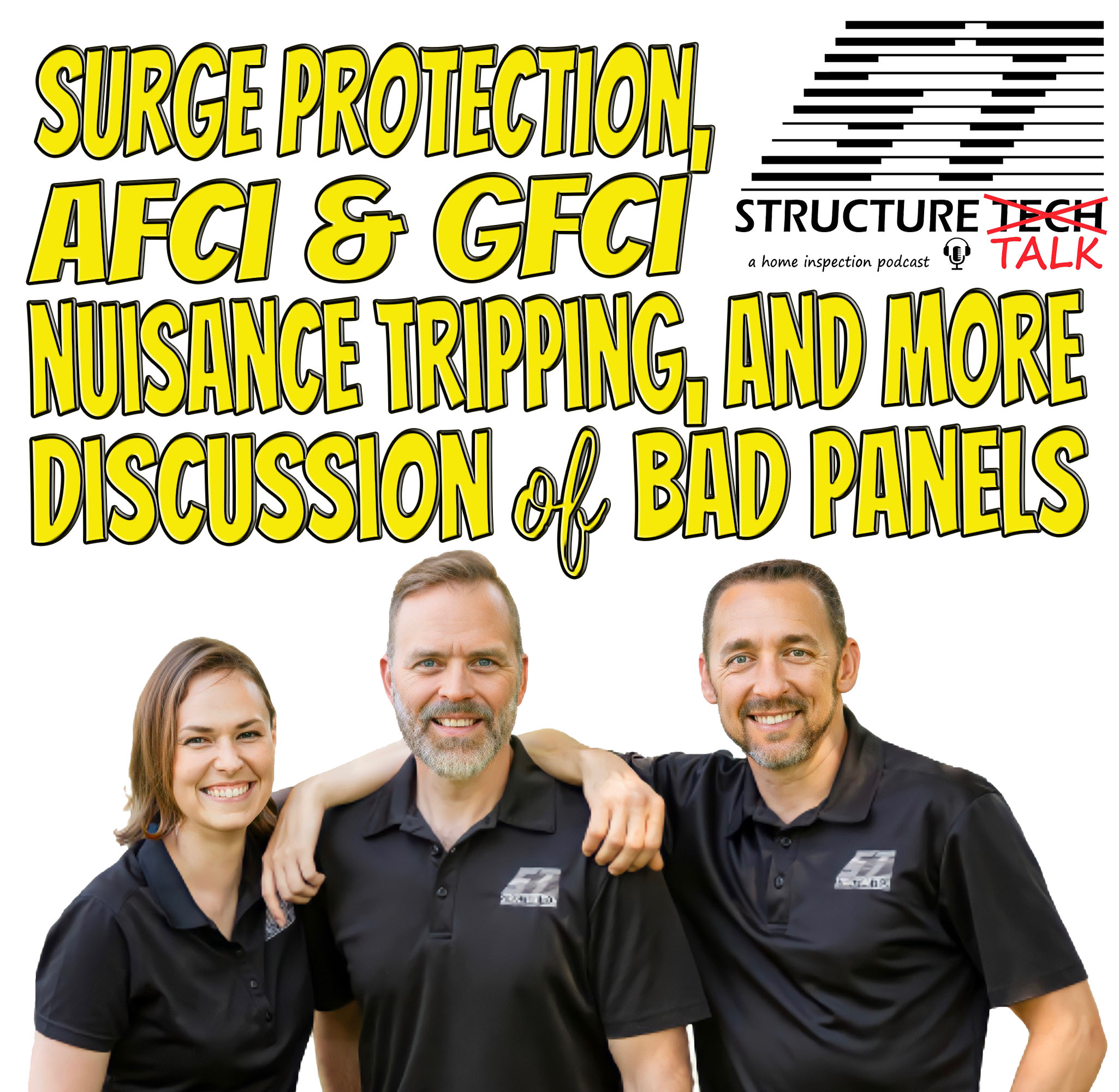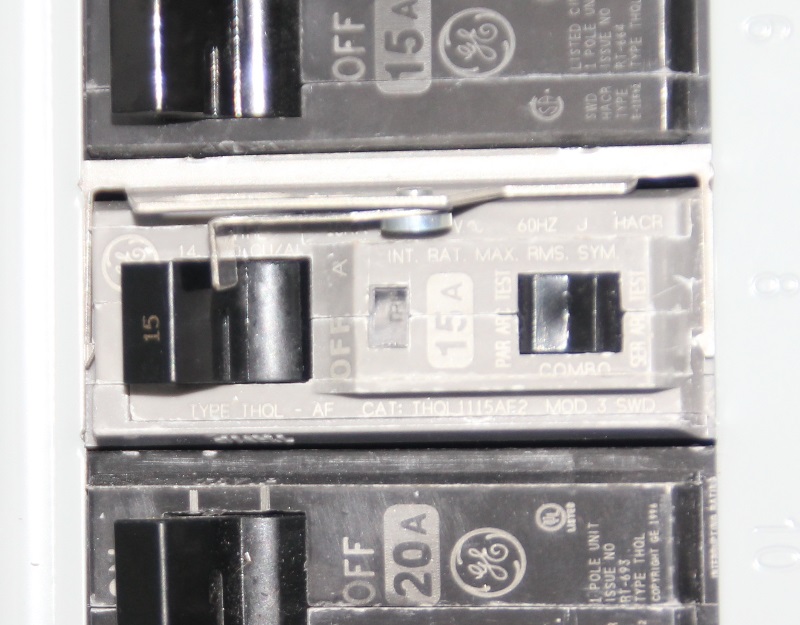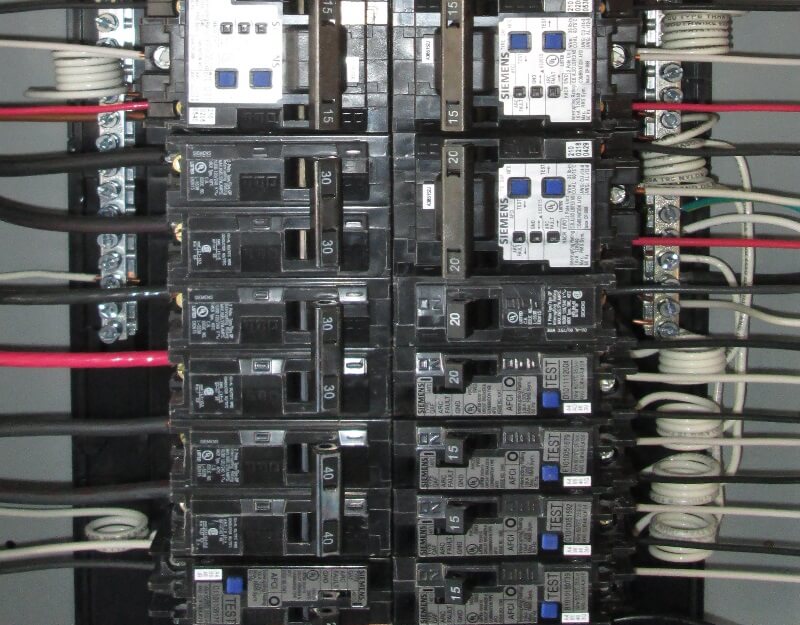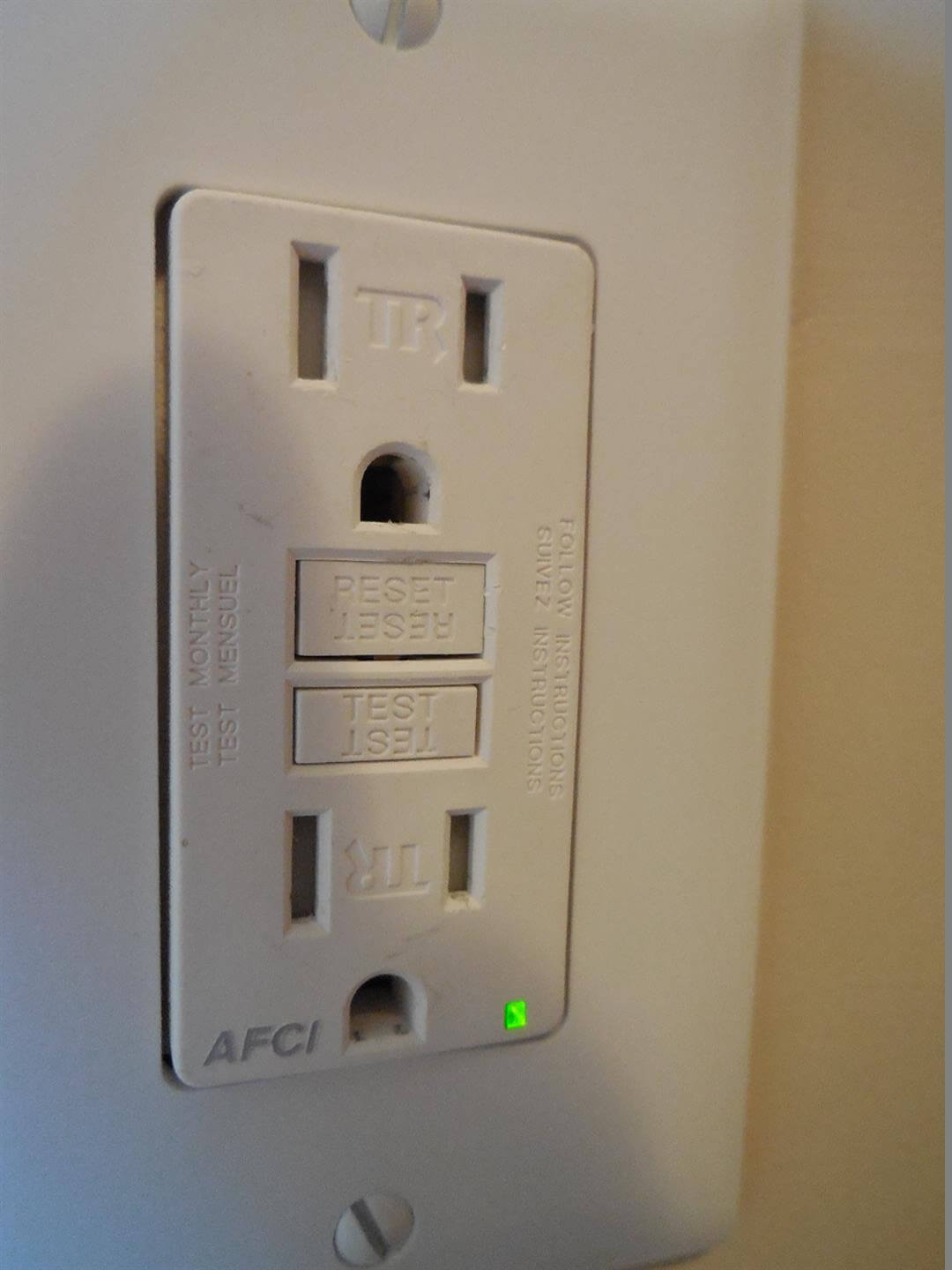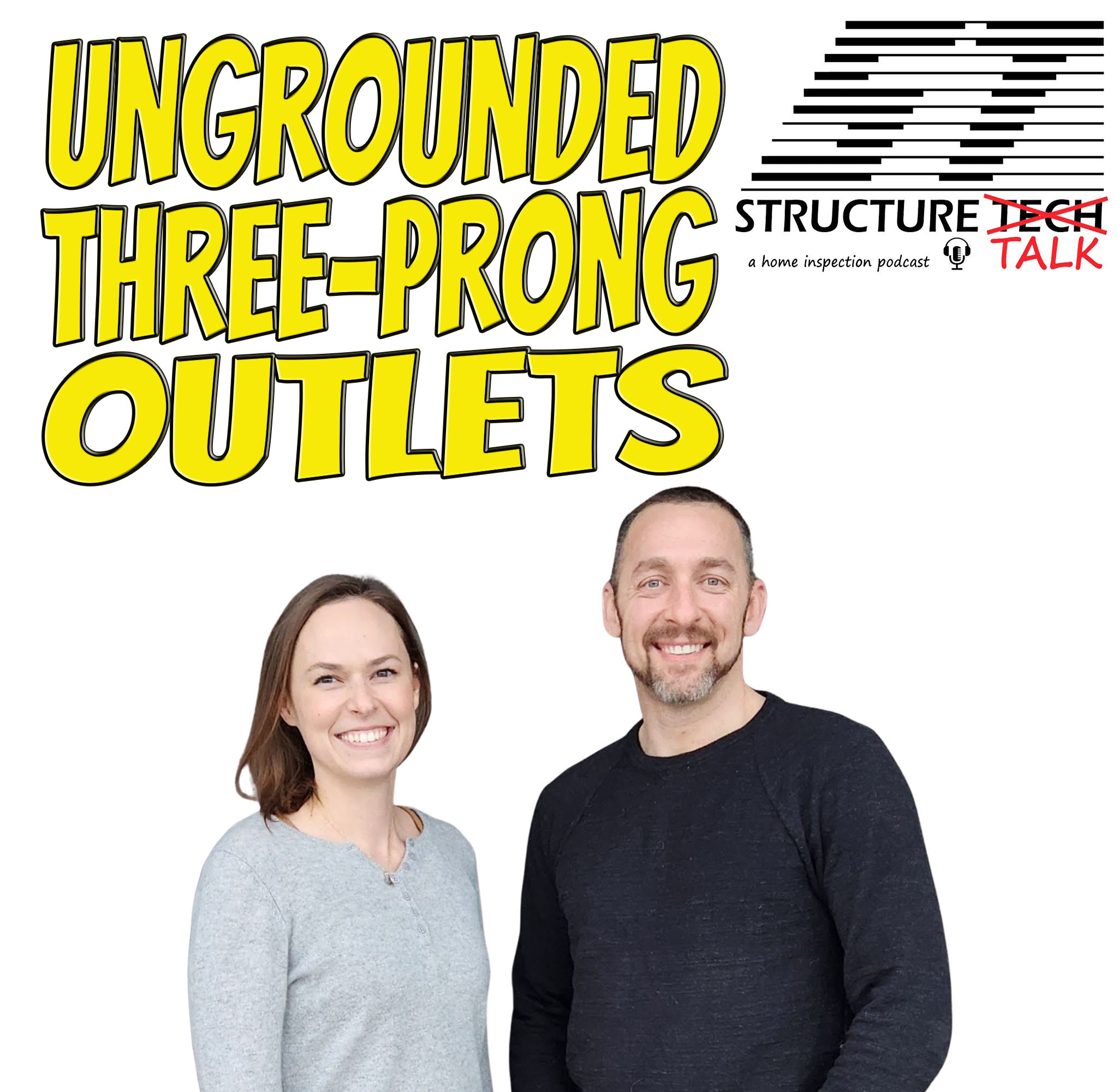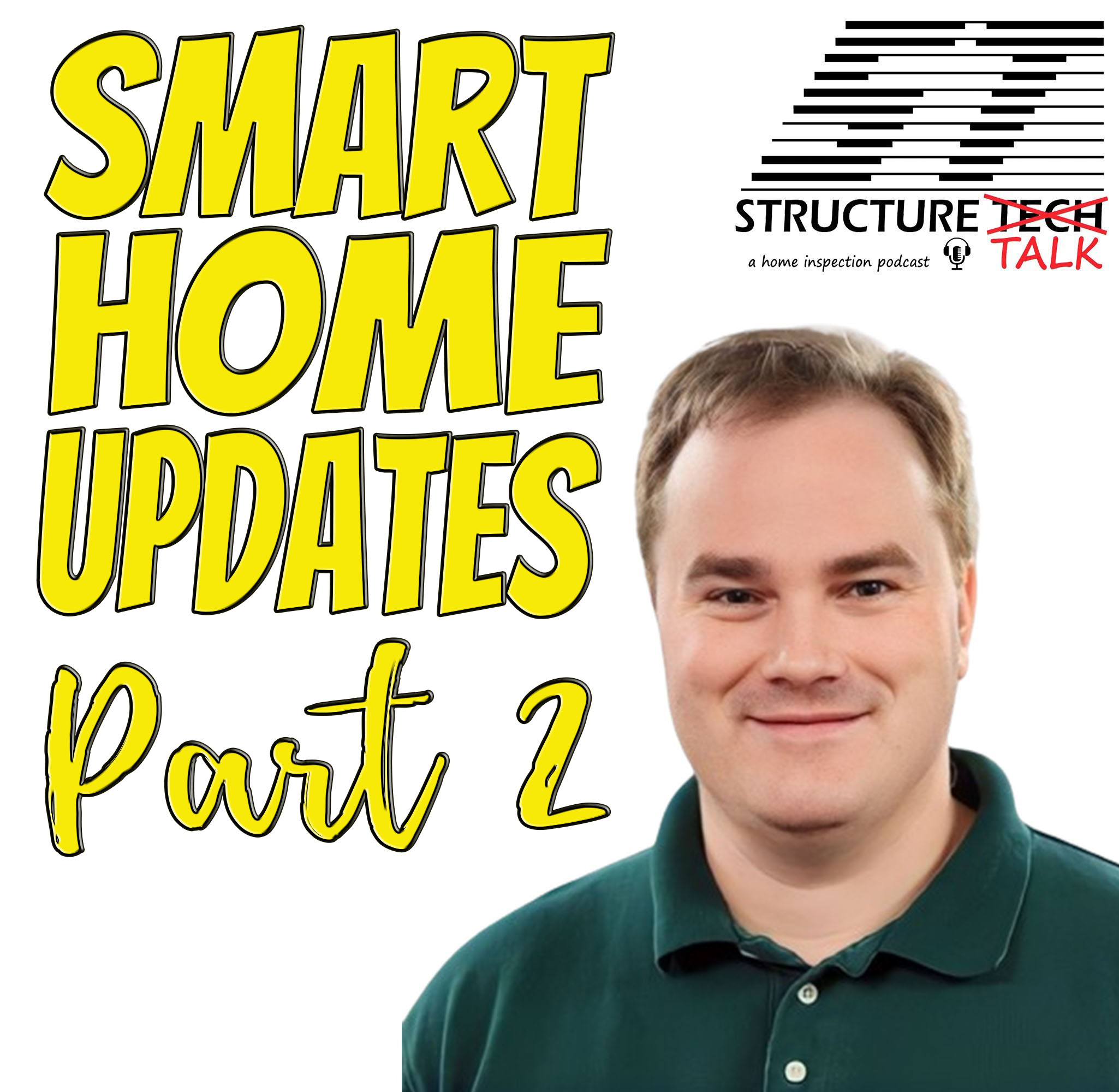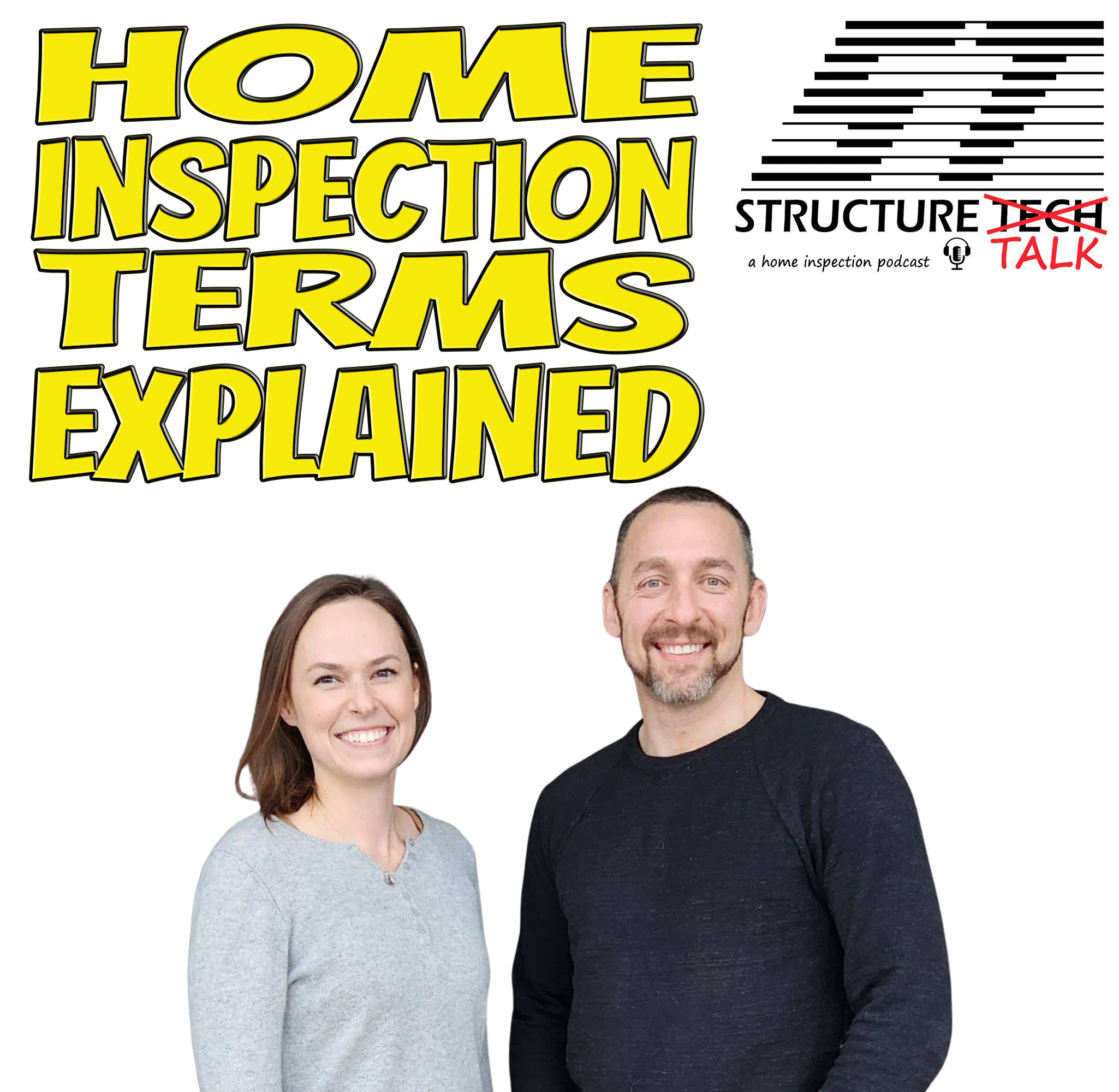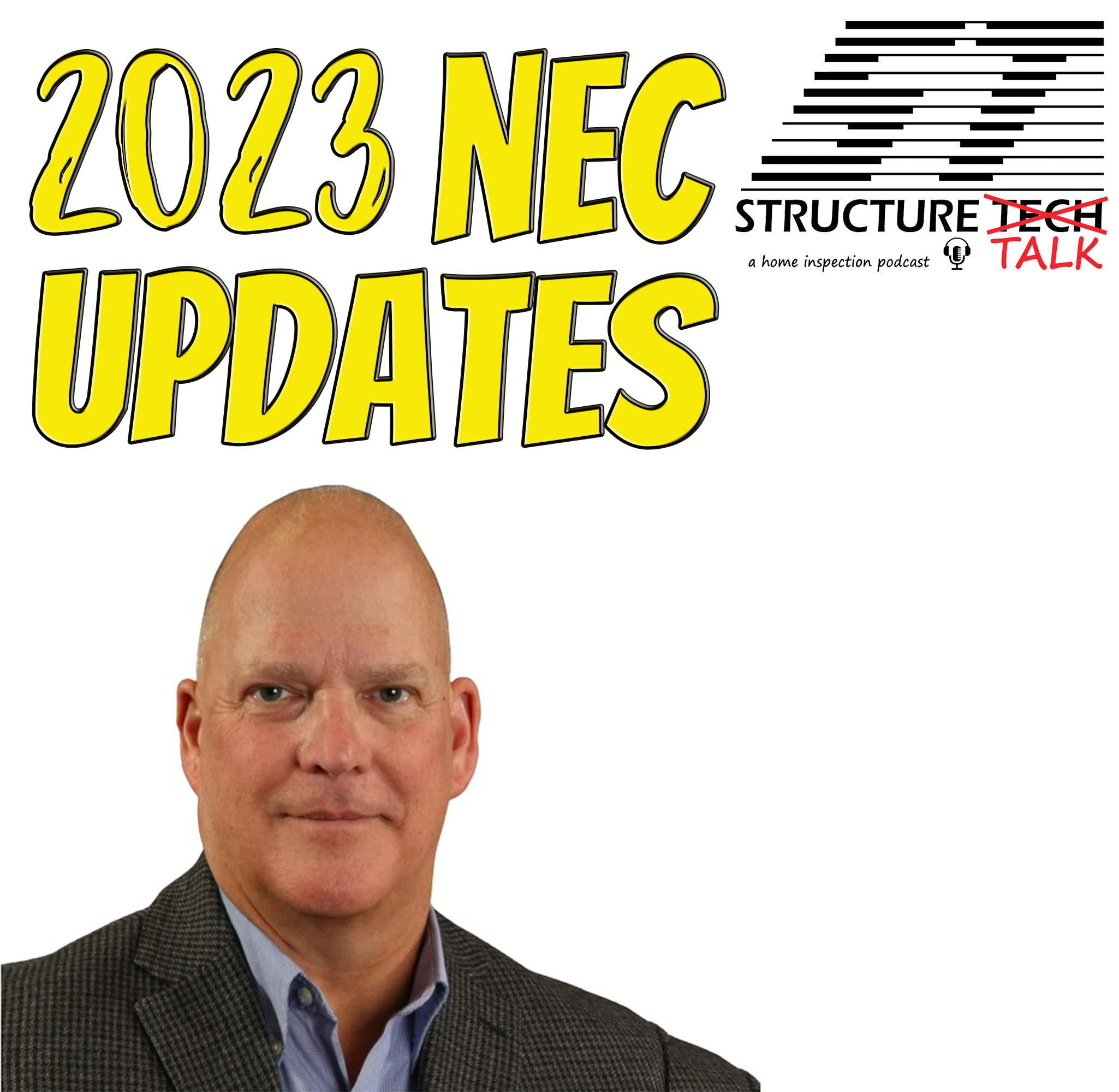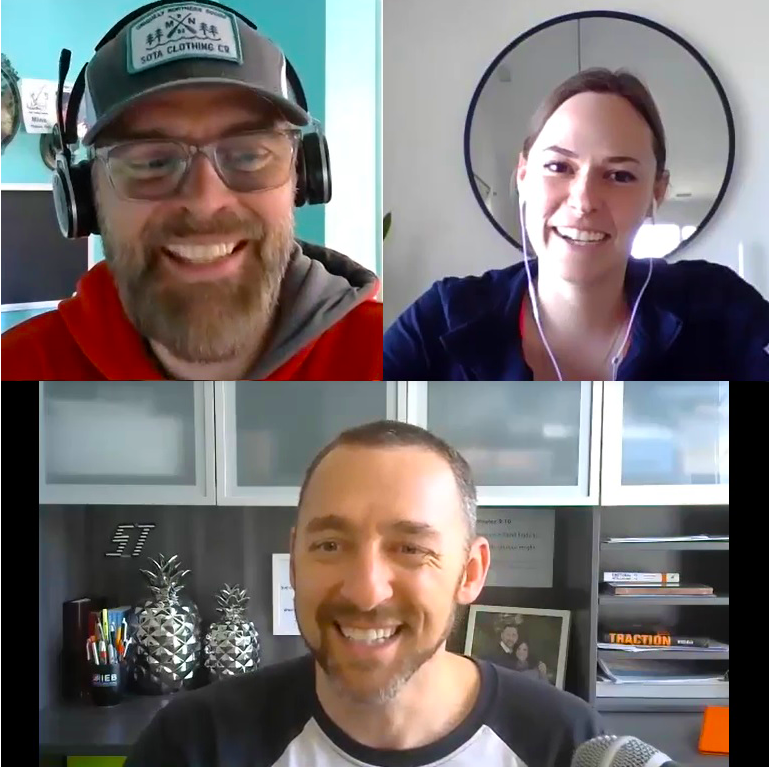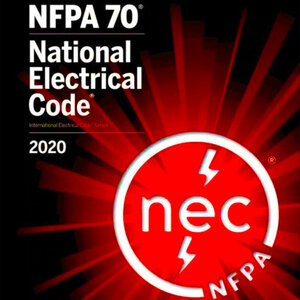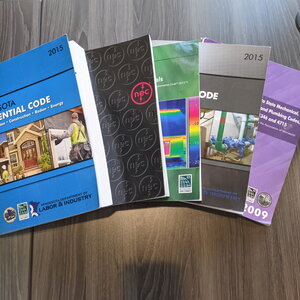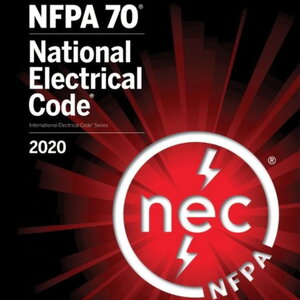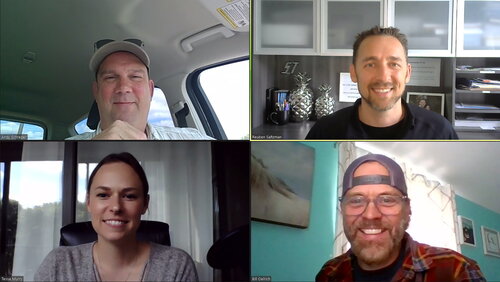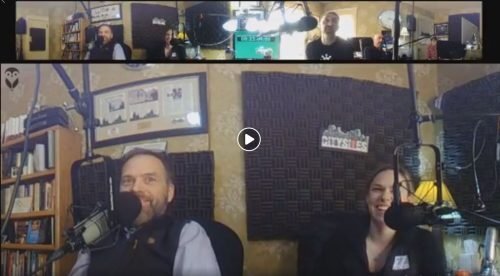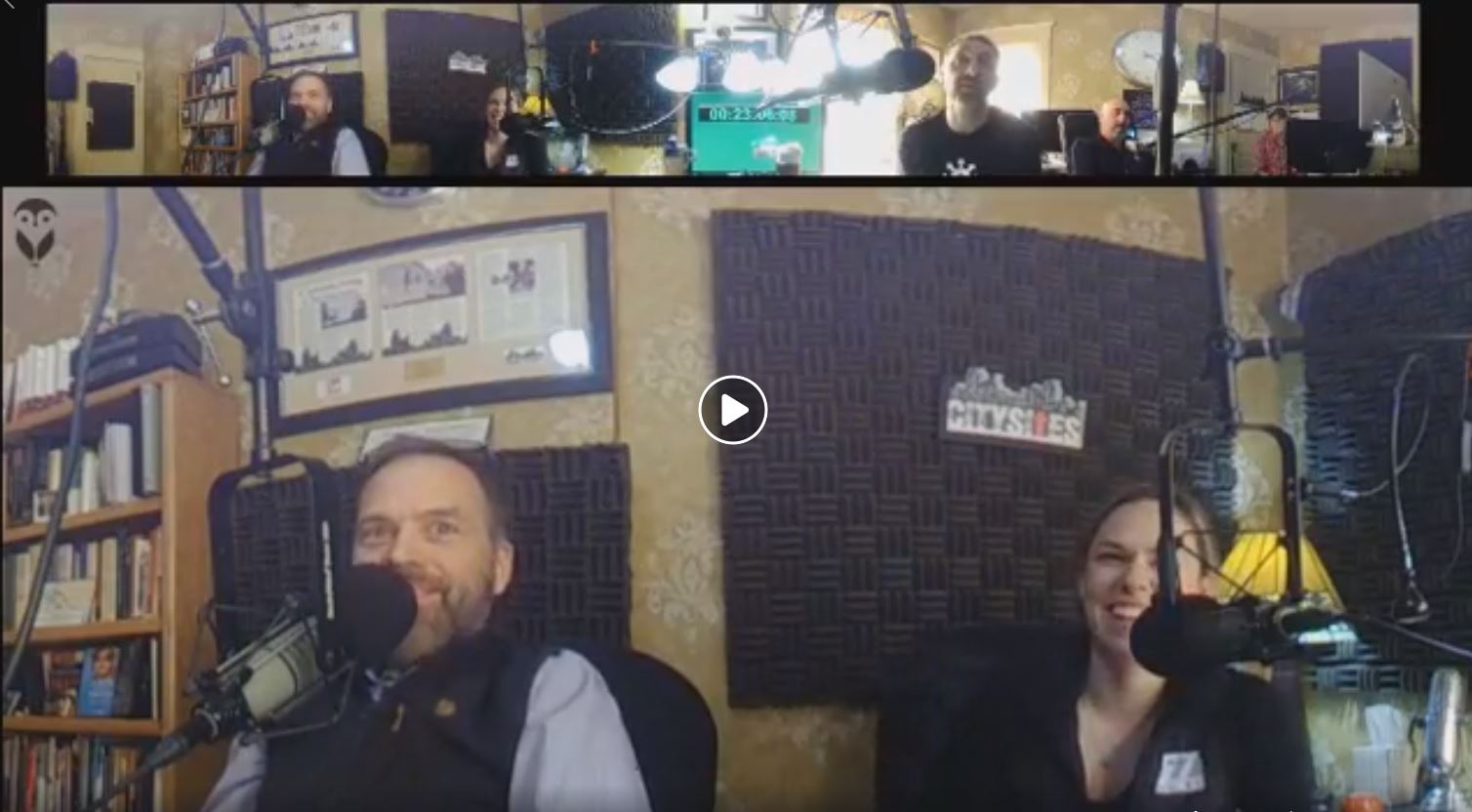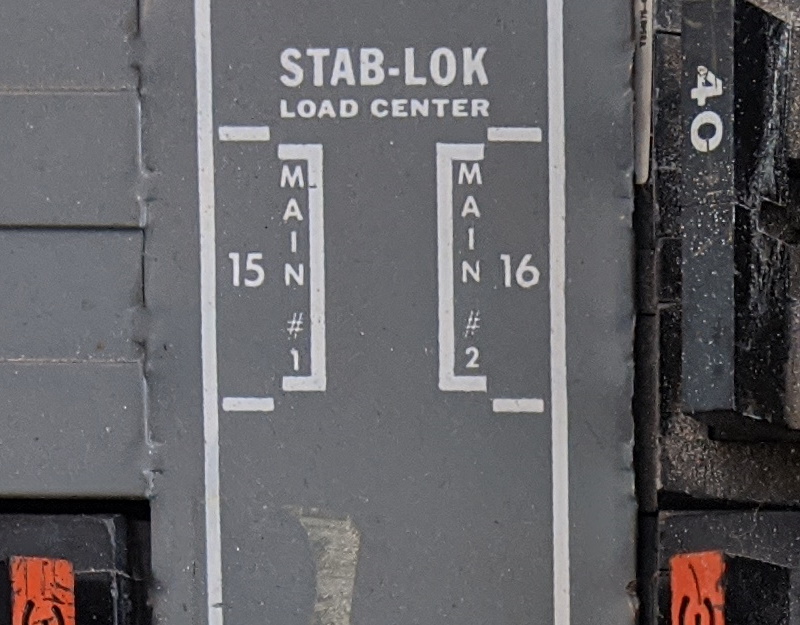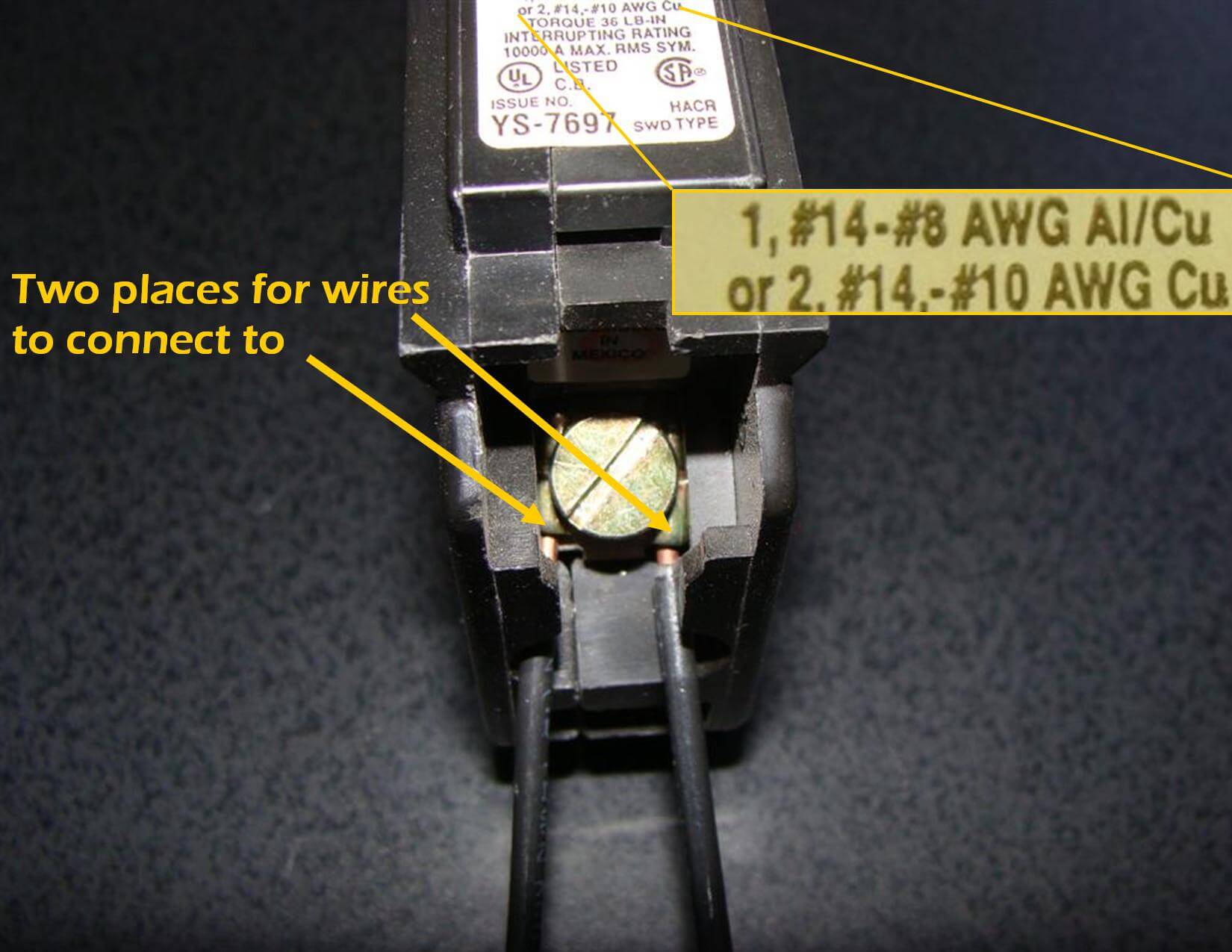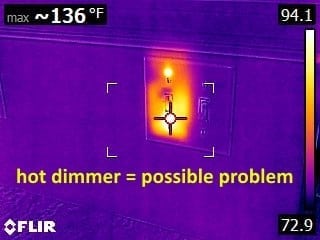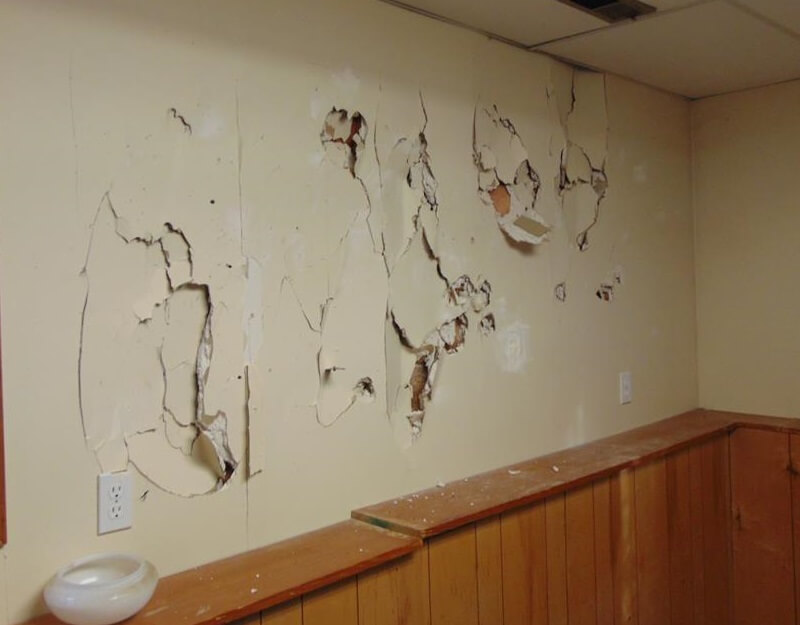Mike Twitty joins the show to talk about electrical questions that were accumulated from listener emails. Reuben asks about surge protection devices. He mentions that Structure Tech doesn't add information in reports about surge protectors. Mike explains the types of surge protection devices, what they do, where they are installed,…
AFCI circuit breakers are specialty safety devices that have been used for over two decades, and their job is to prevent fires. They get better as time passes, but they're still not a perfect product. The main problem homeowners experience with AFCI circuit breakers is nuisance tripping. It's what we…
Arc-Fault Circuit-Interrupters are relatively new electrical safety devices that first appeared in the 1999 National Electric Code. AFCI devices look very similar to GFCI devices, in that they have a test button and a reset method, and they come in the form of circuit breakers, receptacles, or stand-alone devices. The…
The 2011 National Electric Code has an important little note at the end of section 406.4(D)(4) which just took effect January 1st, 2014. The exact text from this section is shown below: (4) Arc-Fault Circuit-Interrupter Protection. Where a receptacle outlet is supplied by a branch circuit that requires arc-fault circuit interrupter…
Attention Home Inspectors: The IEB Summer Mastermind is coming up on August 2nd. Details here: https://events.iebcoaching.com/IEBSummerMastermind2024#/ In this episode, Reuben and Tessa discuss repairing ungrounded three-prong outlets. They explain the importance of testing three-prong outlets and the dangers of ungrounded outlets. They discuss the different options for updating two-prong outlets…
Ungrounded three-prong outlets are a very common defect found on home inspections of old houses. Thankfully, repairing this issue is not a huge deal, and today, I'll walk through the different repair options. Disclaimer: this blog post gives an overview of how to repair an ungrounded three-prong outlet. This is…
In this conversation, Reuben, Tessa, and Ben discuss Ben's recent plumbing project and the challenges he faced. They then delve into the topic of security cameras, covering different types, wired vs wireless options, and considerations for nighttime performance. They also discuss the importance of wiring needs in new homes and…
In this podcast episode, Reuben and Tessa are joined by Dr. Ben Franske to discuss various aspects of smart home technology. They cover topics such as the marketing of smart home products, the integration of AI in smart home devices, and the considerations for permanent installations. They also delve into the security…
In this insightful podcast episode, Reuben and Tessa delve into an array of technical terms crucial in the realm of home inspection. They elucidate terms such as GFCI (Ground Fault Circuit Interrupter), AFCI (Arc-Fault Circuit Interrupter), mold, HVAC (Heating, Ventilation, and Air Conditioning), crawl space, R-value, efflorescence, and flashing, providing…
In today’s podcast, Reuben and Tessa are joined by John Williamson, a retired Chief Electrical Inspector and electrical expert from Minnesota. The main topic of discussion revolves around the adoption of the 2023 National Electrical Code (NEC) in Minnesota and its impact on residential properties and its date of effectivity.…
Today’s episode digs into the topic of electricity. Tessa leads the technical talk about the difference between grounding and bonding: “why we have it,” “what it means, ” and “what it does.” At the same time, Reuben explains the distinction between being electrocuted from being shocked. He also explains the…
For today’s episode, we have John Williamson, Operations Supervisor with the Minnesota Department of Labor and Industry, join Structure Talk for a second podcast on electrical updates. The show starts off with John talking about the recent adoption process for the 2020 National Electrical Code. The following topics are covered,…
Structure Talk talks about the dreaded C-Word, Code. Should home inspectors even mention code? The gang also discusses some specific questions: How do you feel about code as it relates to buying a house? Why should home inspectors be very familiar with building codes? ASHI says that home inspectors…
John Williamson, Operations Supervisor with the Minnesota Department of Labor and Industry, joins Structure Talk to do a deep dive in electricity. The gang covers the following topics, among other things: Is it legal for home inspectors to remove electrical panel covers? What would be the best course of action…
Building official Andy Schreder with Rum River Construction Consultants joins the show for a Q&A session via Facebook Live. There's some great discussion of commonly asked questions, along with some very interesting insight from Andy about why building officials don't always enforce code requirements. The topics include: Permits required for…
For this episode, we answer your questions about houses and home inspections. These include the following: Should home inspectors open Federal Pacific Electric Stab-Lok panels? How to deal with ice dams if you don't want to pay a professional to remove them How to best find a drain leak with…
For this episode, we answer your questions about houses and home inspections. These include the following: Should home inspectors open Federal Pacific Electric Stab-Lok panels? How to deal with ice dams if you don't want to pay a professional to remove them How to best find a drain leak with…
The most notorious electric panel is the Federal Pacific Electric Stab-Lok panel, also known as an FPE panel, Federal Pacific panel, or Stab-Lok. All Stab-Lok panels were made by Federal Pacific Electric, and most panels I've found made by Federal Pacific are the Stab-Lok type. In other words, you can…
Double-tapped circuit breakers are one of the most common electrical defects that home inspectors find. Everyone seems to sign off on this defect as a 'big deal', but I'm here to tell you it's not. It's a pretty minor issue, and it's usually a simple and straightforward fix. Today I'll…
I recently had a home inspector ask me how hot is too hot when it comes to circuit breakers and switches. Many home inspectors, including all of the inspectors here at Structure Tech, use infrared cameras during home inspections. These cameras can't see through walls, but can often alert us…
Negotiations often take place after a home inspection, and the home inspector frequently gets put in the middle of it. The role of a home inspector is never to decide what should or shouldn't be negotiated as part of a home purchase, assuming anything gets negotiated. That's a job for the…
In last week's blog post, Negotiations after the inspection, part 1: options for the buyer, I discussed four options that a home buyer has after receiving a written inspection report. Cancel the purchase agreement Do nothing Renegotiate price Ask the seller to perform repairs. The first two options are pretty…
Last year I put together a short little video compilation showing a bunch of video clips of various defects that we've captured during home inspections. I've received a lot of requests to explain what all of the items in the video clip are, but a lot of these items…
Double tapped circuit breakers are one of the most common electrical defects that I find while doing home inspections in Minneapolis and Saint Paul, and they're usually one of the easiest defects to correct. Today I'll explain what double tapping is, when it is and isn't a problem, why it's a problem, and how…
Home inspections are not ‘code’ inspections, and a lot of home inspectors treat the word ‘code’ as taboo. They call it the ‘C-word’. I even had one home inspector tell me he’s not allowed to use that word in Kentucky. This is such a taboo word that I don't use it much…

